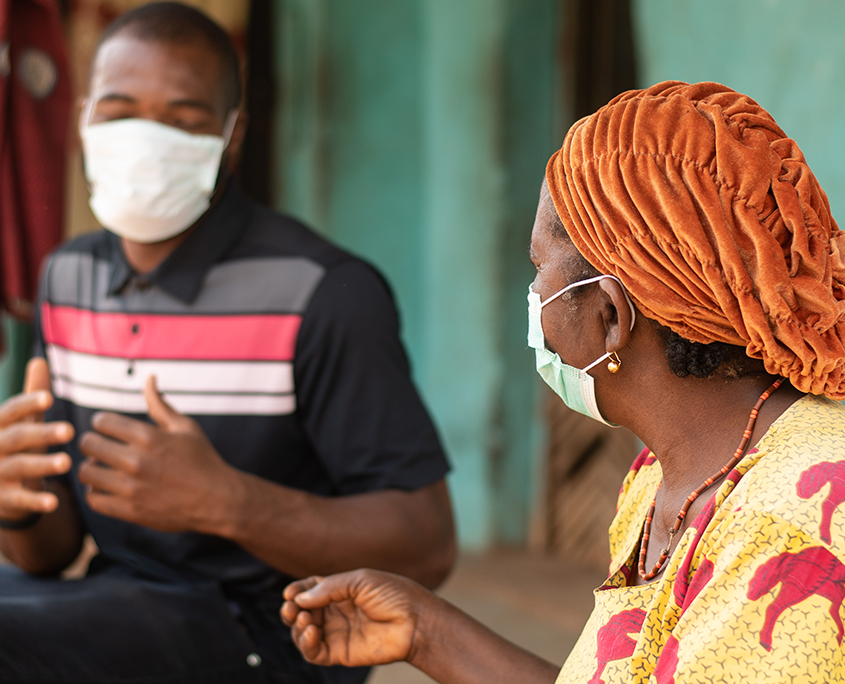Photo Credit: iStock/Getty Images
A brief overview of COVID- 19
In light of the COVID-19 outbreak caused by a novel coronavirus that surfaced in China in December 2019, health experts have recommended several preventive measures to help curb the spread of the virus. These include frequent hand-washing, coughing into the bend of your elbow, and staying home when sick.
According to the World Health Organisation (WHO), the common symptoms of the coronavirus include a dry cough, fever, tiredness, and shortness of breath in severe cases. These symptoms may appear between two to ten days after contracting the virus.
Fortunately, most people (approximately 80%) recover from the disease without any specialised treatment. However, about 16% could become seriously ill and develop difficulty breathing, highlighting the need for vigilance and adherence to recommended precautions.
For an individual suspecting they may have contracted an illness, it is advisable to self-quarantine as a precautionary measure to safeguard others. Quarantine applies even if the individual is not displaying symptoms but has recently travelled to a high-risk area.
If there is reason to believe one has contracted the virus, remain at home and avoid public areas, including work or school. Using public transportation or taxis should also be avoided, and instead, one should ask friends or family to deliver necessities such as food and medication. Visitors should be discouraged, and in cases where one share living quarters with others, maintain 2 metres social distance. It is also important to sleep alone, if possible, and stay away from vulnerable individuals such as the elderly and those with underlying health conditions.
Individuals experiencing difficulty breathing should seek immediate medical attention.
Maintaining hand hygiene is crucial and the first line of defense. One should avoid touching the mouth, nose, or eyes with unwashed hands.
Additional tips include carrying hand sanitiser to facilitate frequent cleaning of hands, washing hands before eating or touching one’s face, being exceptionally cautious when handling surfaces in busy airports and public transportation systems, carrying disposable tissues, covering the nose and mouth while coughing or sneezing, disposing of tissues carefully, refraining from sharing snacks from common packets or bowls, avoiding shaking hands or cheek kissing if there is a suspicion of virus circulation, and cleaning commonly used surfaces and devices regularly in addition to hands.



